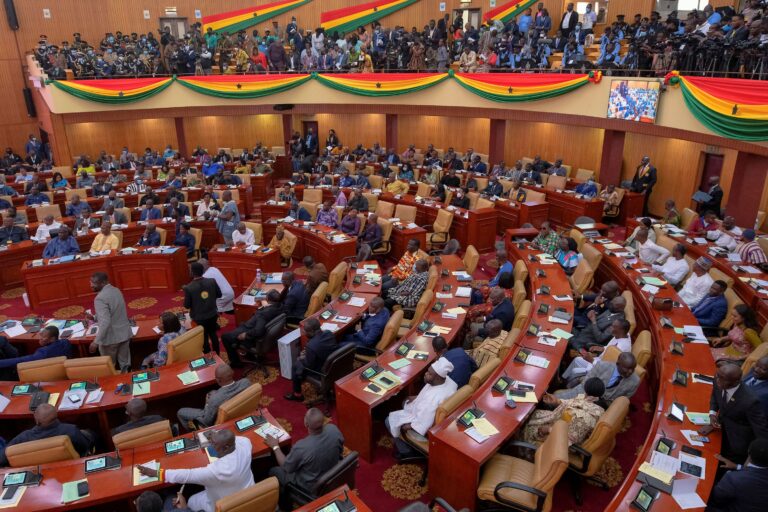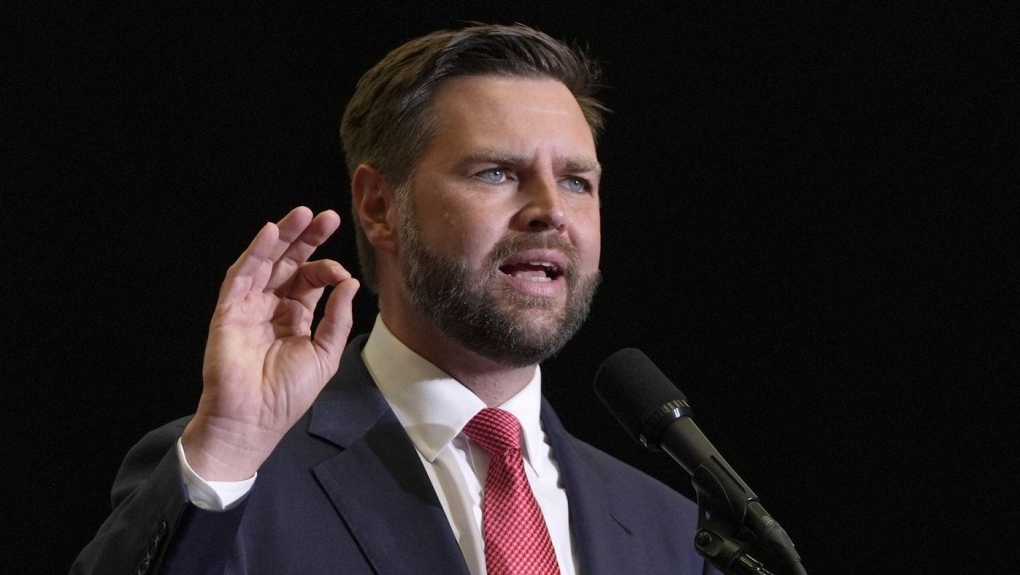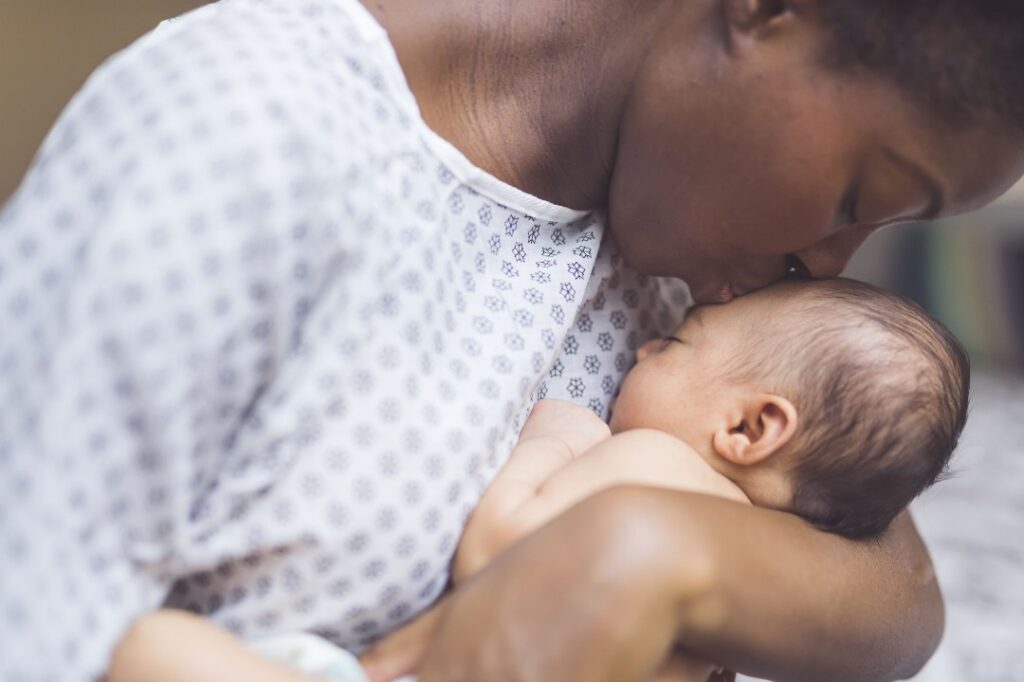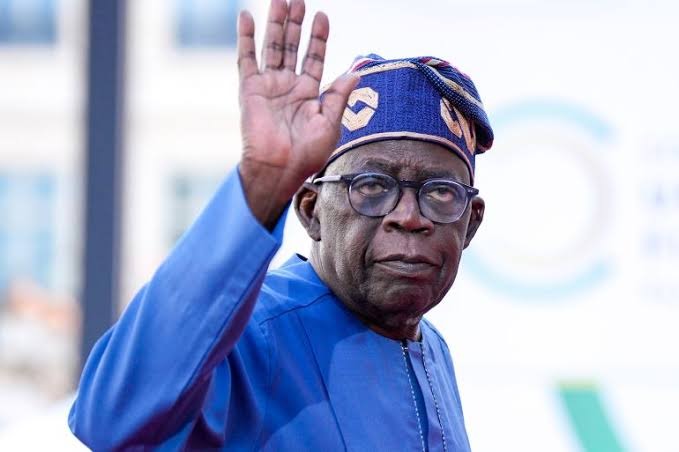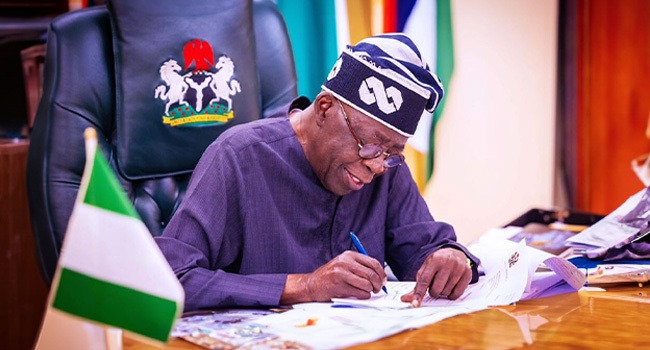Ghana’s parliament unanimously approved a contentious anti-homosexuality bill on Wednesday, eliciting international criticism.
“After three long years, we have finally passed the Human Sexual Rights and Family Values Act,” announced Sam George, a key sponsor of the bill, on X, previously known as Twitter.
Introduced in 2021, the legislation not only penalizes LGBTQ relationships but also targets individuals advocating for LGBTQ rights.
Many African countries still criminalize same-sex activity, largely due to colonial-era laws. However, recent bills and proposals across the continent aim to clarify and, in some instances, reinforce these laws.
Before becoming law, the bill in Ghana requires approval from the country’s president.
Volker Türk, the United Nations human rights chief, labeled the passage of the bill by parliament as “profoundly disturbing” and urged the government not to sign it into law. He stated, “The bill broadens the scope of criminal sanctions against lesbian, gay, bisexual, transgender, transexual, and queer people – simply for being who they are – and threatens criminal penalties against perceived allies of LGBTQ+ people.”
In response to the bill’s passage, UNAIDS executive director Winnie Byanyima cautioned that if the bill were to become law, it would “affect everyone” and impede the country’s efforts in combating HIV and AIDS.
“To achieve the goal of ending AIDS as a public health threat by 2030, it is vital to ensure that everyone has equal access to essential services without fear, stigma, or discrimination, and that providers of life-saving HIV prevention, testing, treatment, and care services are supported in their work,” stated Winnie Byanyima.
Byanyima warned that if the bill becomes law, it “will negatively impact free speech, freedom of movement, and freedom of association,” obstructing access to life-saving services, undercutting social protection, and jeopardizing Ghana’s development success. She emphasized that evidence indicates punitive laws like this bill act as a barrier to ending AIDS, ultimately undermining public health.
The United States State Department expressed deep concern over the passing of the law, stating it would “threaten all Ghanaians’ constitutionally-protected freedoms of speech, press, and assembly.” The department emphasized that limiting the rights of one group in a society undermines the rights of all and echoed the call for a review of the bill’s constitutionality to protect the rights of all individuals in Ghana, according to spokesperson Matthew Miller.
The US State Department also reiterated the undermining impact the bill will have across the country’s “public health, media and civic spaces, and economy.” The statement added that international business coalitions have already indicated that such discrimination in Ghana would harm business and economic growth in the country.

